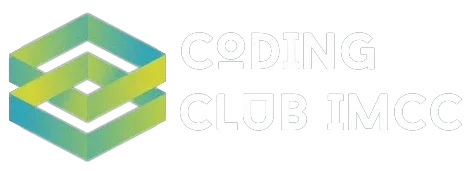Admin on 31 August, 2023
Mastering the Art of Problem Solving: Strategies for Success
Introduction:
Problem-solving is a crucial skill that empowers individuals to overcome challenges and achieve desired outcomes. Whether it's in personal or professional life, developing effective problem-solving skills can make a significant difference. In this blog post, we will explore the key strategies and techniques that can help you master the art of problem-solving.

Define the Problem Clearly
The first step in problem-solving is to define the problem clearly. Take the time to understand the situation and identify the specific issue that needs to be addressed. Clearly defining the problem helps in focusing your efforts and avoids misdirected solutions.
Gather Relevant Information
To solve a problem effectively, gather all the relevant information related to the issue at hand. This may involve conducting research, collecting data, or seeking expert opinions. The more information you have, the better equipped you'll be to make informed decisions.
Analyze the Problem
Once you have a clear understanding of the problem and the relevant information, analyze the situation. Break down the problem into its underlying causes and factors. Look for patterns, connections, and potential implications. This analytical step helps in identifying the root causes and developing targeted solutions.
Generate Alternative Solutions
Next, brainstorm and generate a range of alternative solutions. Encourage creativity and think outside the box. Consider different perspectives and approaches to address the problem. Avoid dismissing any ideas at this stage and aim for a diverse set of potential solutions.
Develop an Action Plan
With the chosen solution in mind, develop a detailed action plan. Break down the plan into specific steps, set deadlines, and allocate resources as needed. A well-defined action plan provides a roadmap for implementing the solution effectively.
Implement the Solution
Put your action plan into action by executing the identified steps. Be proactive, monitor progress, and adapt the plan if necessary. Seek feedback and collaborate with others involved to ensure a smooth implementation process.
Evaluate and Learn
After implementing the solution, evaluate the results and assess the effectiveness of your problem-solving approach. Reflect on what worked well and what could be improved. Embrace a learning mindset and apply the insights gained to future problem-solving endeavors.
Conclusion
Mastering the art of problem-solving is a valuable skill that can benefit you in all areas of life. By following these strategies and techniques, you can approach problems with confidence, clarity, and creativity. Remember, problem-solving is not just about finding solutions; it's about developing a mindset that embraces challenges and seeks growth opportunities. So, equip yourself with these strategies and embark on a journey of effective problem-solving.
